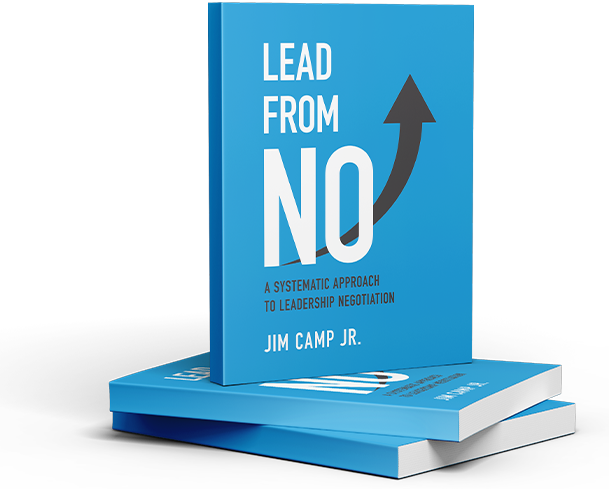Young children may not be the savviest negotiators, but we can learn a valuable lesson from them. A child’s curiosity in their early years compels them to ask questions about everything. These questions help them understand the world that takes shape around them.
It’s a shame that we tend to lose that spark as adults. Why does this happen? Warren Berger, the author of A Beautiful Question, wrote:
“Studies show we tend to hit our questioning peak around age 4 or 5, and then ask fewer questions as we get older. Not that we’ve lost the ability to question — we don’t exercise it as much. Teachers and bosses generally want answers, not questions.”
– How to Cultivate the Art of Asking Good Questions, Warren Berger, Wall Street Journal.
Gather Information
When starting a negotiation, you must discover your adversary’s desires and pain points by asking questions. Your questions are the tools to explore and see your adversary’s reality. You need to get into their head and see what they see. That’s where you begin to build a vision in their mind so they can begin to make decisions.
Of course, there are good ways and bad ways to ask questions. We’ve spent most of our adult lives giving answers rather than asking. For this reason, most people have difficulty figuring out what to ask or how to say it.
Formulating good questions requires that you step into a child’s mindset. Once you have a solid model for how this works, you’ll discover a potent, information-gathering tool.
Model for Asking Good Questions
Let’s look at a classic question that children ask, “Why is the sky blue?” The only presumption is that the listener also sees a blue sky.
Contrast that to, “You know why the sky is blue, don’t you?” Notice how this presumption could rub listeners the wrong way.
A child’s question usually begins with an interrogative, or what our teachers called “the five W’s and H”: who, what, when, where, why, and how. In negotiating, if you start asking questions with these words, you’ll invite more thoughtful and thorough answers.
Now look at what happens when you start a question with a verb.
“Do you have a dollar?”
“Will you be at the conference next week?”
“Is this the only way?”
These questions can be answered in a single word, and it’s usually yes, no, or maybe. One-word answers are not very useful in the discovery phase of negotiation.
From studying children, we can say that good questions have three essential qualities:
- They do not lead or deceive. If your question suggests you are looking for a specific answer, the other party will either conform to that expectation or push back against it.
- They begin with an interrogative, such as who, what, where, when, why or how. (Advanced tip: Use “why” the least.)
- They are short. The less said, the better. More words add confusion or add expectations about what the answer should be. Keep the questions as short as possible, and only ask one at a time.
By regaining a child’s mindset, you’ll be able to gather useful information. Great questions let you see your opponent’s reality and build a vision in their mind before they make a decision.
- Update of Camp post – Feb. 3, 2015





